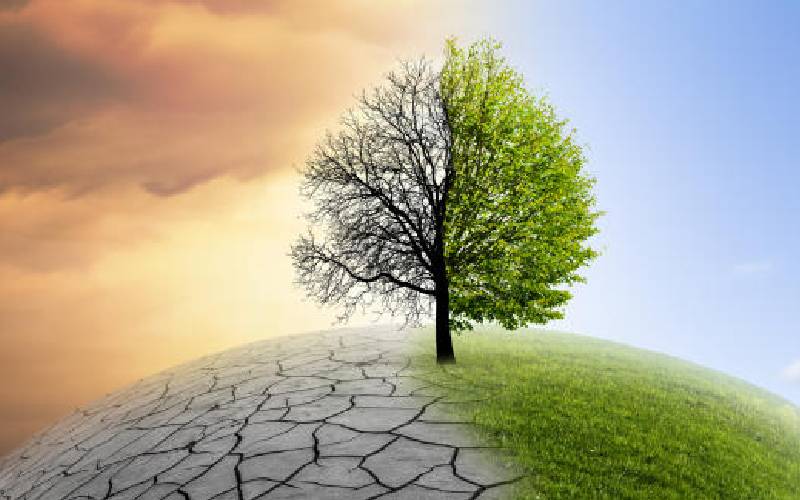×
The Standard e-Paper
Smart Minds Choose Us

The dissatisfaction with which representatives of the global South left the last United Nations climate conference (COP26) was palpable. Despite the fact that 'Loss and Damage' was explicitly present in the discussions, it was not given the attention it deserved.